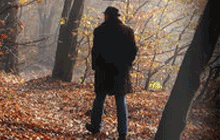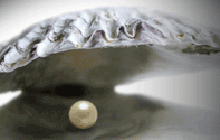Maya Angelou was born Marguerite Johnson in St. Louis, Missouri, on April 4, 1928. She is an author, poet, historian, songwriter, playwright, dancer, stage and screen producer, director, performer, singer, and civil rights activist. In 1959, at the request of Dr. Martin Luther King Jr., Maya Angelou became the northern coordinator for the Southern Christian Leadership Conference. After serving in various foreign capacities, she returned to the U.S. in 1974 and was appointed by Gerald Ford to the Bicentennial Commission and later by Jimmy Carter to the Commission for International Woman of the Year. She accepted a lifetime appointment in 1981 as Reynolds Professor of American Studies at Wake Forest University in Winston-Salem, North Carolina. In 2000, she received the National Medal of Arts, and in 2010 she was awarded the Presidential Medal of Freedom by President Barack Obama. The first black woman director in Hollywood, Angelou has written, produced, directed, and starred in productions for stage, film, and television. Maya Angelou was twice nominated for a Tony award for acting: once for her Broadway debut in Look Away (1973), and again for her performance in Roots (1977). (Source)
At the heart of this poem is the frustration of the modern African American who is struggling to fly free from his cage of past slavery and finding the newly found freedom more than he knows what to do with. While Angelo is definitely focused on the plight of her own race, the greater themes of freedom and bondage are there to be explored by all races as every man considers them. What can be more enticing and beauty to a caged bird than freedom? Shackled and bound, the caged bird is forced to watch in agony as its free counterpart soars through the skies. However, in its despair, the caged bird sings a song far more beautiful than a free ever could. Maya Angelou’s poem, I Know Why the Caged Bird Sings, uses imagery and symbolism to express this frustration and struggle. (Partial Source)
I Know Why the Caged Bird Sings
By Maya Angelou
(Listen to the poem here)
The free bird leaps
on the back of the wind
and floats downstream
till the current ends
and dips his wings
in the orange sun rays
and dares to claim the sky.
But a bird that stalks
down his narrow cage
can seldom see through
his bars of rage
his wings are clipped and
his feet are tied
so he opens his throat to sing.
The caged bird sings
with fearful trill
of the things unknown
but longed for still
and his tune is heard
on the distant hill for the caged bird
sings of freedom
The free bird thinks of another breeze
and the trade winds soft through the sighing trees
and the fat worms waiting on a dawn-bright lawn
and he names the sky his own.
But a caged bird stands on the grave of dreams
his shadow shouts on a nightmare scream
his wings are clipped and his feet are tied
so he opens his throat to sing
The caged bird sings
with a fearful trill
of things unknown
but longed for still
and his tune is heard
on the distant hill
for the caged bird
sings of freedom.



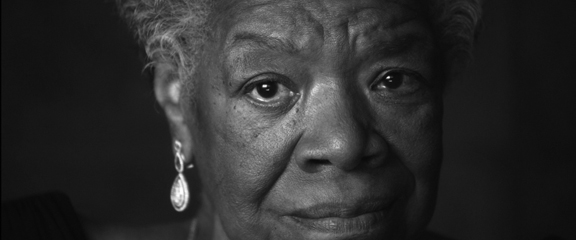

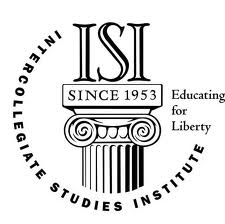
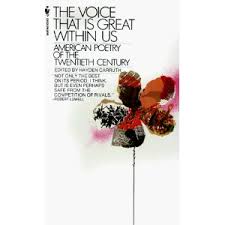
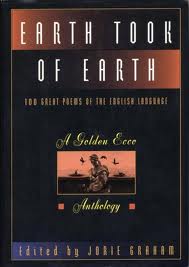
_17422494921.png )
